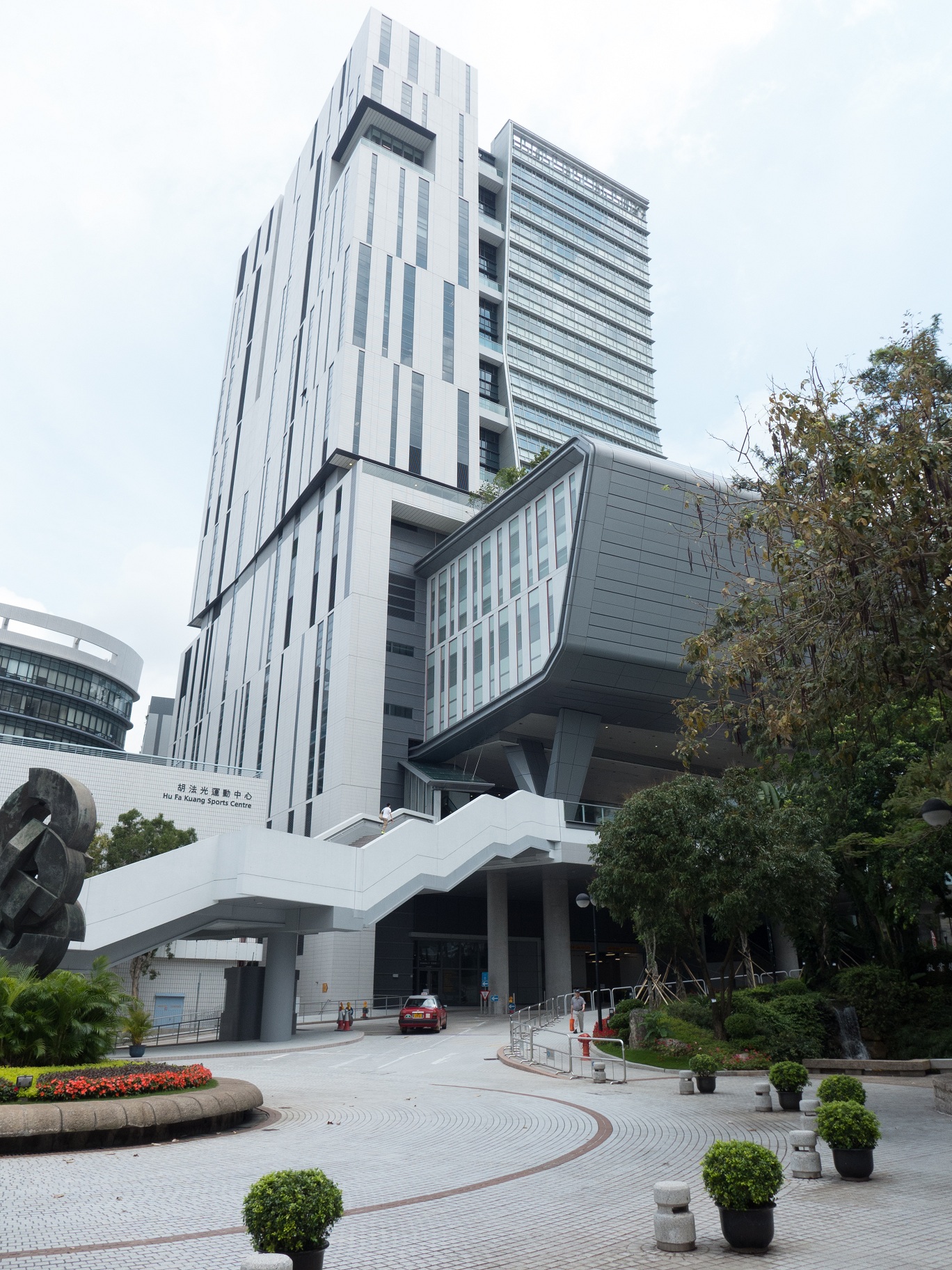Memorandum of Understanding signed on May 27, 2013.
CityU offers professional education that prepares its students for the challenges and exciting opportunities opening up in Hong Kong, the Asia-Pacific region and throughout the world in business, science and engineering, energy and environment, law, creative media and social sciences. Through its extensive links with relevant industries, CityU provides real-life opportunities for students to work with and learn from professionals in the workplace, from bachelor degrees and postgraduate studies to associate degrees and continuing education.
CityU has achieved phenomenal growth since its establishment in 1984. To date, it has a student population of 20,000 enrolled in more than 130 programs at the associate degree, undergraduate and postgraduate levels.
The three Colleges: Business, Liberal Arts and Social Sciences, Science and Engineering, and the School of Creative Media and School of Law offer bachelors degree and postgraduate programmes. The newly established School of Energy and Environment currently offers postgraduate degree programmes.
The Chow Yei Ching School of Graduate Studies strengthens the operation and development of all postgraduate programmes and fosters an ambiance for graduate studies.
The School of Creative Media, the Division of Building Science and Technology and the Community College of City University run associate degree programmes. The School of Continuing and Professional Education helps fulfil the University’s role as a centre for life-long education by providing continuing educational opportunities for the community through selffinancing degree, certificate and short programmes.
A Memorandum of Understanding between The Henry Samueli School of Engineering, University of California, Irvine and City University of Hong Kong agreed to encourage and promote the following academic and educational activities:
• promote interest in the teaching and research activities of the respective institutions
• enhance the understanding of the economic, cultural and social environment of the respective institutions
• exchange of academics, research personnel and administrative personnel
• exchange of students
• exploration of teaching collaboration
• scientific research collaboration
• organize symposia, conferences, short courses and meetings on research issues

